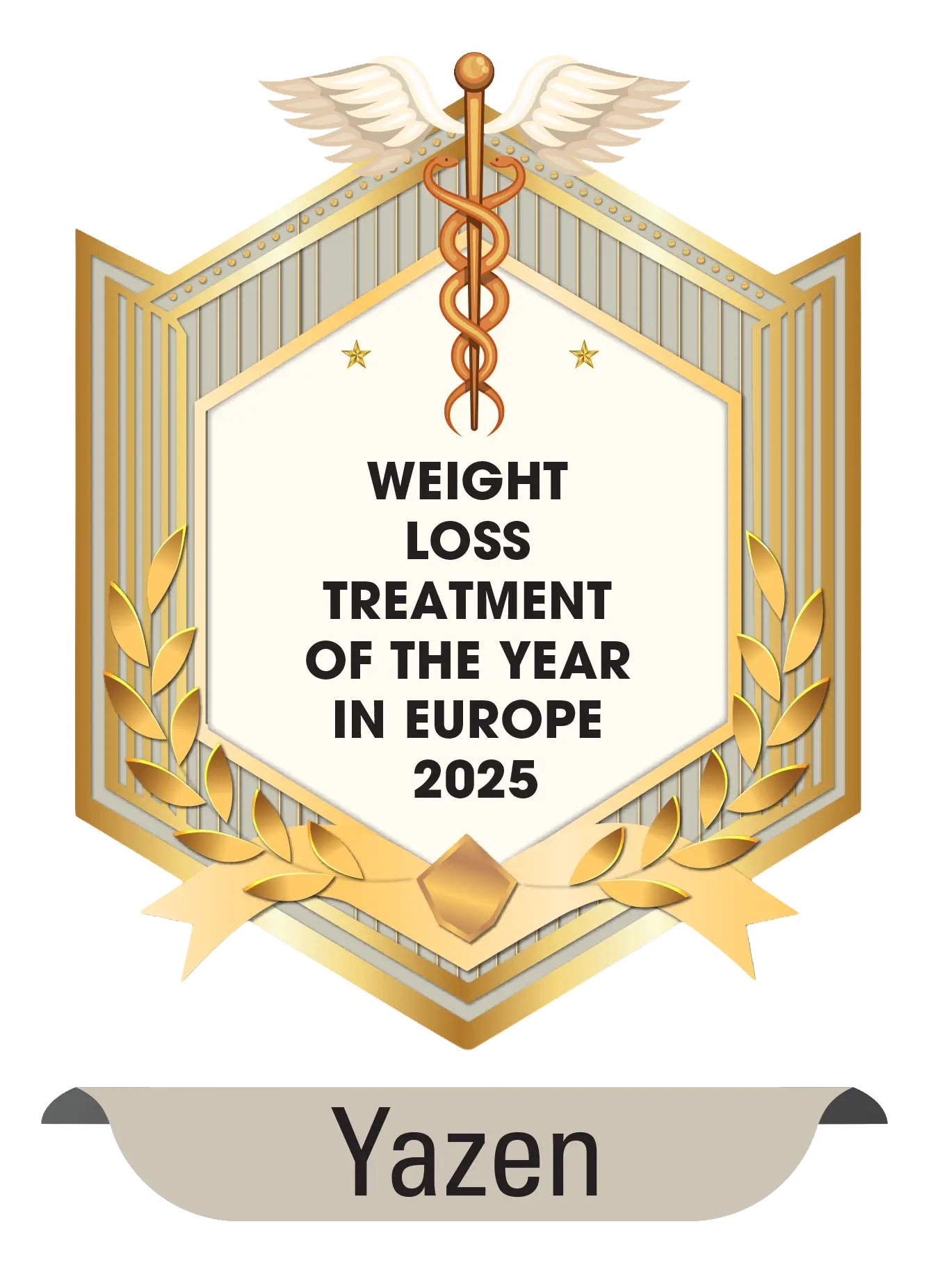Vitamins and minerals – small but essential
Vitamins and minerals are essential nutrients that the body needs in small amounts to function properly. They affect everything from energy metabolism and immunity to muscles, blood, and bones.

The word vitamin comes from the Latin vita (life) and amin, as it was first believed that all vitamins contained nitrogen. And the name is fitting – without these substances, the body’s processes simply stop.
From scurvy to science
As early as the 18th century, it was discovered that sailors developed scurvy during long voyages. The disease was caused by a lack of vitamin C and could be prevented by eating fruit and vegetables. Those who ate oranges and potatoes avoided symptoms such as bleeding and tooth loss – an early insight into how vital vitamins and minerals are for good health.
Small substances with great importance
In the 20th century, scientists realised that the body needs more than just energy from carbohydrates, fat, and protein. To function optimally, it also requires vitamins and minerals – small but essential substances that regulate many of the body’s functions. Among other things, they influence the immune system, nervous system, metabolism, vision, blood formation, and bones.
The 13 vitamins you need
There are 13 essential vitamins required for the body to function properly:
- Fat-soluble vitamins: A, D, E, and K.
- Water-soluble vitamins: C and the eight B vitamins – thiamine (B1), riboflavin (B2), niacin (B3), pantothenic acid (B5), biotin (B7), B6, B12, and folate (B9).
The fat-soluble vitamins (A, D, E, and K) are stored in the liver and fatty tissue, whereas the water-soluble ones (C and B vitamins) must be supplied regularly, as any excess is excreted in urine. The exception is vitamin B12, which can be stored in the liver.
Minerals – the body’s building blocks
In addition to vitamins, the body also needs minerals and trace elements such as iron, calcium, zinc, selenium, magnesium, iodine, and potassium. Minerals help build bones, blood, muscles, and hormones, and they take part in vital processes around the clock. Some minerals also act as antioxidants, protecting cells from damage.
When supplements may be needed
Most adults who eat a varied diet get all the nutrients they need from food. However, during illness, poor appetite, reduced nutrient absorption, or a limited diet, a vitamin and mineral supplement may be necessary.
If you’re concerned about a potential deficiency, a blood test can show whether you need supplementation. Always consult a healthcare professional before starting to take extra vitamins or minerals, especially if you use any type of medication.
Key vitamins and minerals to keep an eye on
Vitamin D – for bones and the immune system
Vitamin D helps the body absorb calcium and strengthens both bones and the immune system. It is found in oily fish, eggs, fortified dairy products, spreads and cooking fats. The body can also produce vitamin D in the skin when exposed to sunlight.
During autumn and winter (September–April), sunlight in northern regions is too weak for the body to produce sufficient vitamin D, making supplementation sometimes necessary. A vitamin D supplement can also be important if you rarely or never expose your skin to sunlight.
Older adults over 75 may need additional vitamin D because the body becomes less efficient at absorbing it, and many in this age group have a reduced appetite. Vitamin D deficiency is also more common among people with overweight or obesity. One reason is that vitamin D is fat-soluble and some of it can become stored in fat tissue, which reduces its availability in the blood. For that reason, supplementation can be especially important during the winter months, when vitamin D levels are generally at their lowest.
Folate – important for blood and pregnancy
Folate is needed for the formation of new cells and red blood cells. It is particularly important for women who are pregnant or planning pregnancy, as folate reduces the risk of neural tube defects in the developing baby. Folate is found in leafy greens, cabbage, beans, lentils, fruit, and wholegrain products. When sold as a dietary supplement, it is called folic acid.
Vitamin B12 – for energy and the nervous system
Vitamin B12 is essential for metabolism, the nervous system, and the production of red blood cells. It is found in meat, fish, eggs, and dairy products. If you follow a completely plant-based diet, you will need a vitamin B12 supplement, as it is not naturally present in plant foods.
In older adults, the body’s ability to absorb vitamin B12 decreases, which makes deficiency more common with age – even when eating foods rich in B12.
Iron – for blood and vitality
Iron is needed for the formation of blood and for transporting oxygen in the body. You can get iron from meat, fish, eggs, beans, lentils, and wholegrain products. Iron from animal sources is absorbed more easily than iron from plants. Vitamin C enhances iron absorption, so include fruit and vegetables with each meal to help your body absorb iron more effectively.
Iron deficiency is most common among women and young girls, but people with overweight may also have a harder time absorbing iron. This is because fat tissue can trigger low-grade inflammation, which affects the hormones that regulate iron uptake.
Magnesium – for muscles and energy
Magnesium is needed for proper muscle and nerve function and plays an important role in the body’s energy metabolism. It is found in beans, lentils, wholegrain products, leafy vegetables, meat, fish, and shellfish. Wholegrain bread contains about three times more magnesium than white bread, and three tablespoons of pumpkin seeds (27 g) provide around 160 mg – roughly half of an adult’s daily requirement.
Calcium – for bones and teeth
Calcium is essential for building and maintaining strong bones and teeth. To absorb calcium efficiently, the body also needs vitamin D. The main sources of calcium are milk, yoghurt, cheese, quark, and cottage cheese. It is also found in leafy greens, nuts, and seeds, but in smaller amounts – meaning much larger portions are needed to meet the body’s calcium needs.
If you choose plant-based alternatives to dairy products, such as oat or soy drinks, it’s important that they are fortified with calcium to provide a similar amount.
A calcium deficiency can, over time, lead to osteoporosis, particularly in older adults. If you don’t consume dairy products or fortified plant-based drinks, you may need a supplement to ensure your body gets enough calcium.
Antioxidants – the body’s defence
Many vitamins and minerals also act as antioxidants, such as vitamin C, vitamin E, and selenium. They protect the body’s cells from free radicals – substances that can cause damage and contribute to disease. A good rule of thumb for getting enough antioxidants is to eat a colourful diet. The colours in fruits and vegetables often indicate which antioxidants and vitamins they contain.
More is not always better
With regular food, there is no risk of overdosing on vitamins or minerals. However, with supplements, the amounts of certain vitamins and minerals can easily become too high. Too much of, for example, vitamin A or D can be harmful. High doses of some vitamins and minerals can also interfere with the absorption of other nutrients.
If you’re unsure whether you’re getting enough of what you need, speak with your doctor or healthcare team.
How to get enough vitamins and minerals
To ensure you get enough vitamins and minerals, it’s important to eat a nutrient-rich and varied diet. Let vegetables, fruit, whole grains, lean protein, and dairy products form the basis of your meals.
- Eat plenty of colour – the more colourful your plate, the more types of vitamins, minerals, and antioxidants you’ll consume.
- Choose whole grains instead of white bread, rice, or pasta. Wholegrain products contain more nutrients and fibre, which also help keep you full for longer.
- Try to limit sweets, pastries, and alcohol. These foods provide energy but very little nutrition.
Summary
Vitamins and minerals are small but vital substances the body needs every day. They influence immunity, energy metabolism, muscles, and bones. Most people get enough through a balanced diet, but certain groups – such as older adults, those who rarely get sunlight, or people with health conditions like overweight and obesity – may need to supplement their intake.
Remember: more is not always better. Supplements should only be used when necessary. The best foundation for good health remains a balanced diet, regular physical activity, and sufficient rest.

October 27, 2025
November 28, 2025
Start your weight loss journey with Yazen today
Everything you need to do is to create an account and answer some questions about your health
.svg)
.svg)




.svg)

















